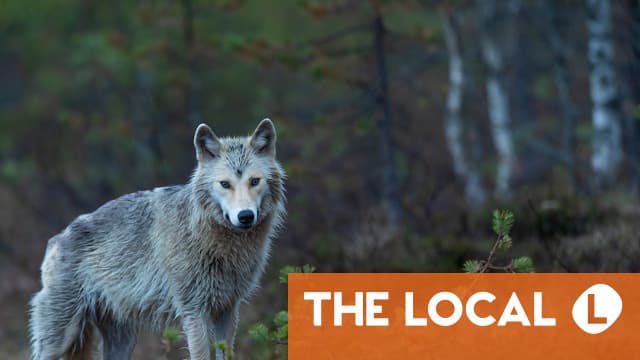Answering questions in parliament, the PM admitted that the presence of wolves near smaller local communities is “tiresome” or træls, to use the colloquial Danish term favoured by the PM (which has a range of English translations). She added more regulation is needed.
“We need to see if we can regulate the wolf population more so that we can protect people while still giving nature the space it needs,” she said.
This must be done “with respect for the people who need their daily lives to function” without disruption caused by wild wolf populations, she added.
Frederiksen said her primary concern was the safety of individuals in areas close to wolf habitats.
The issue “will likely require some form of wolf regulation, though how exactly to go about it is not my area of expertise,” she said.
Denmark is subject to the EU’s habitats directive, which obligates member states to protect certain natural habitats and species that are characteristic, rare, or endangered in the EU, including wolves.
Advertisement
Jeppe Bruus minister for the Tripartite climate agreement, has previously stated that wolves do not belong near human settlements and should therefore be deterred.
“I have asked my ministry to challenge the current perception of how far we can go [without falling foul of the EU directive, ed.] and whether we can allocate more resources to scaring wolves away,” Bruus said according to news wire Ritzau.
According to the latest report from national monitoring programme Den Nationale Ulveovervågning, Denmark is home to between 60 and 80 wolves. The animals are exclusively present in Jutland.
